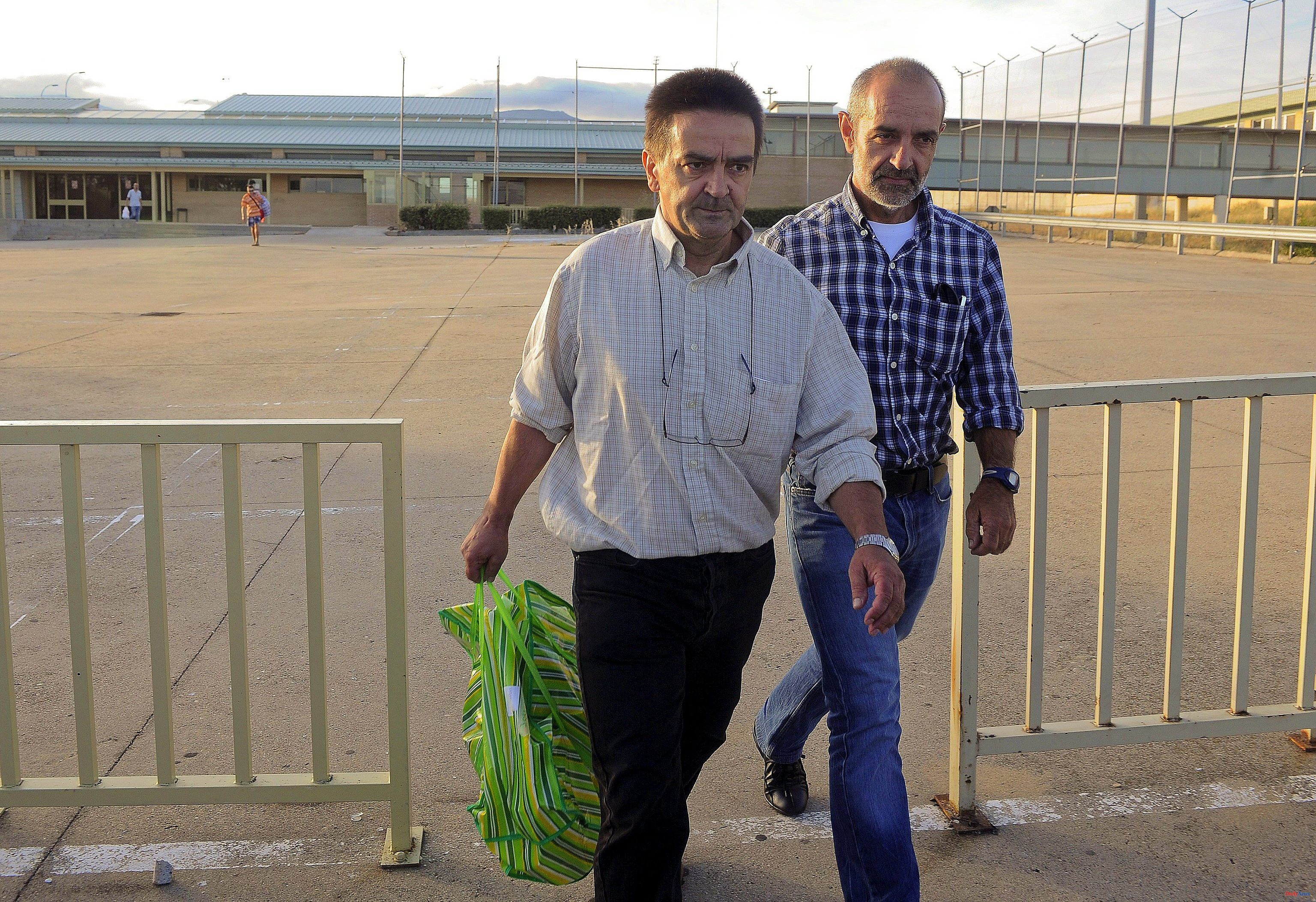It is possible that it is the kidnapping of Miguel Ángel Blanco that ends up allowing the sentence for his subsequent murder. This is clear from the report that the National Police has delivered to the National Court and that the judge investigating the case was keeping to decide on the prosecution of the four top leaders of ETA in July 1997, when the gang kidnapped the PP councilor in Ermua.
The 160-page document directly points to the four accused leaders: Ignacio Gracia Arregui, Iñaki de Rentería; Mikel Albisu, Mikel Antza; José Javier Arizcuren Ruiz, Kantauri; and Soledad Iparraguirre, Anboto. In line with the report that the Civil Guard had already presented in court, the Police informed magistrate Manuel García Castellón that they were "the most responsible" for the three apparatuses of the ETA leadership: military, political and logistical.
The investigators maintain that, from these positions "they had the capacity to decide the specific execution of a terrorist action." "What's more, in the case of trying to attack special objectives, the ETA Directorate had to give its authorization," they explain in the report provided to the case reopened as a result of a Dignity and Justice complaint.
In their conclusions, the Police add that they had it in their power to prevent the murder during the three days of kidnapping. "The members of the Executive Committee of ETA had the capacity and the means to have ordered the cessation of captivity and the avoidance of his murder, just as they assumed from the outset his kidnapping and the responsibility for his death in a subsequent statement. . They were able to avoid it simply by giving an order to the command that was holding him." "They were fully aware of their command position and having full control over the actions of their armed commandos, in this case Donosti, and could have prevented his assassination," he reiterates.
The insistence is justified because that peculiarity of the previous kidnapping is what in its day served to condemn the head of the Grapo for the kidnapping and death of Publio Cordón. In the usual attacks, justice has been very restrictive and has demanded a specific link with the attack, without the mere hierarchical position in the gang being enough.
The report comes just weeks from a relevant decision. The court reviewing the investigation of the case refused to consider the facts regarding Iñaki de Rentería prescribed, despite the fact that the complaint against him was filed 24 years after the murder, exceeding the 20-year term then in force. The Chamber held that there are other possible interpretations on how to calculate that term and considered that the decision should be left to the court in charge of holding the trial.
Yesterday the Board of Prosecutors of the Chamber addressed its position on the prescription. The consultation was included by the attorney general, Álvaro García Ortiz, although tax sources explain that nothing was strictly discussed or submitted to the criteria of the highest-ranking prosecutors. The question is uncomfortable for the attorney general, who, being head of the Technical Secretariat, gave instructions to the chief prosecutor of the Court, Jesús Alonso, to consider the prescribed cause. That resulted in the prosecutor Vicente González Mota resigning to handle the matter.
When tangentially addressing this issue, the prosecutors Consuelo Madrigal, Javier Zaragoza and Francisco Jiménez Villarejo intervened. Madrigal put on the table that a query had not been raised to the Board, since it was not asked to set a position on a legal issue or raised any doubts. Zaragoza defended the work of González Mota and stressed that the attorney general had rectified his criteria from last July until now. As for Jiménez Villarejo, he criticized the order that refused to declare the prescription. Finally, the attorney general intervened, admitting that there are disparate legal positions and now advocates waiting for the appropriate procedural phase to establish a criterion on the prescription.
According to the criteria of The Trust Project












